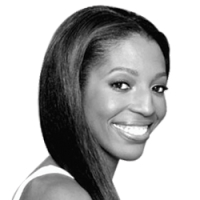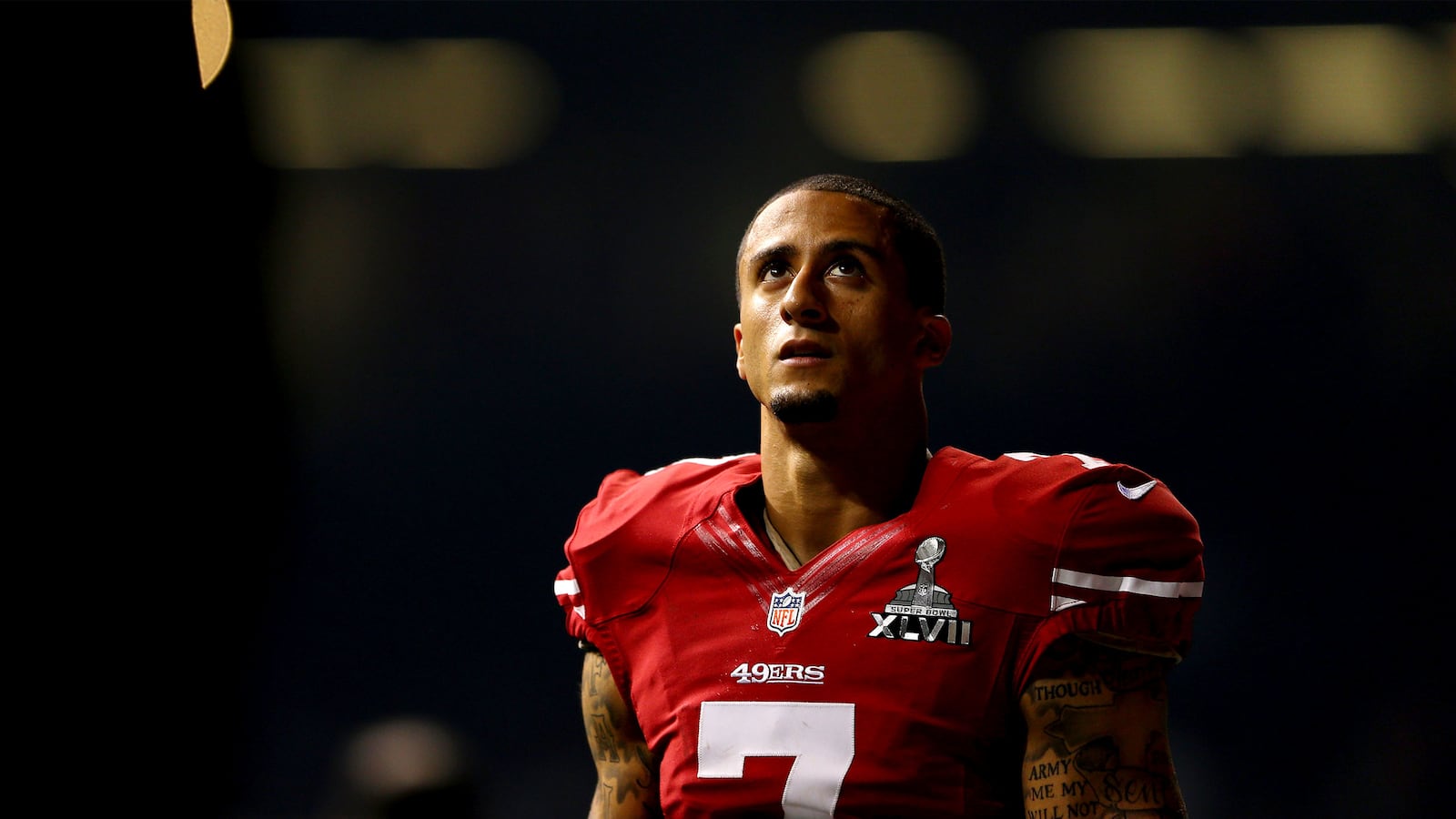After Donald Trump was declared the victor in the 2016 presidential race, three reactions consumed those adamantly opposed to Trump and everything his candidacy represented:
1. Shock.
2. Despair.
3. Anger.
Specifically anger at his core supporters, most of them white, many of them male, who surprised the political establishment and chattering classes (including yours truly) with high enough turnout to put him in the White House. Since then reactions on social media, and my own conversations with devastated Trump critics, have included endless talk of “angry white men.” Allegedly they are to blame for electing Trump president.
I hate to break it to critics, but while they may be a convenient scapegoat, angry white men did not do this to our country. Complacent people did.
Four years ago, my former professor David Paleologos published groundbreaking research in conjunction with Suffolk University and USA Today. It was one of the few pieces of in-depth research on people who do not vote, whom they refer to as “unlikely voters.” The most common reasons these voters gave for not voting included being too busy, not being excited about either candidate, the belief that “their vote doesn’t matter anyway.” Of course we all know that’s not true and it’s likely more people realize that today than may have before Tuesday.
Here’s what we know, from this research and from the outcome on Tuesday. Those less likely to vote are more likely to be racial minorities and low-income. In other words, the most vulnerable populations and the very people who have the most at stake in determining who the decision-makers in the halls of power are. We also know they tend to be Democratic leaning, so much so that the 2012 research declared, “They could turn a too-close-to-call race into a landslide for President Obama—but by definition they probably won’t,” since they don’t vote.
This is part of why I am not alone in feeling more outrage at NFL star Colin Kaepernick for announcing he chose not to vote than I do at those who voted for a man I consider crass and bigoted.
Kaepernick has generated many headlines for his efforts to call attention to issues that disproportionately affect vulnerable minority populations, such as violence at the hands of law enforcement. His symbolic protest of kneeling during the National Anthem has garnered him many critics and a loyal following that feels as passionately about the issue as he does. But kneeling does not bring about social change. Putting people in positions of power that can enact social change is crucial.
Donald Trump has inaccurately accused African Americans of being responsible for the majority of white homicides, called for the execution of the wrongly convicted Central Park Five, is endorsed by white supremacists, and believes New York’s stop and frisk policy, which was deemed discriminatory and unconstitutional for its treatment of black and Hispanic men, is a fair and effective tool for law enforcement.
And Colin Kaepernick didn’t bother to vote against this man.
But he kneeled.
A few weeks before the election I had a spirited exchange with a media friend who argued that it’s not fair to expect those who have been let down by an unfair system to vote in it. I argued that those who have been let down by the system should have the greatest incentive to be involved in helping to change it—by putting people they trust in it, or at least people who terrify them less. She argued that when we see the system fail repeatedly, such as in the Trayvon Martin case, why would they trust anyone? I argued that while the protests after the Trayvon Martin case were certainly heartening, what would have been even better is if people of color and others outraged by his killer being set free had voted in the local elections that allowed the Stand Your Ground law to become a reality in the first place.
Kneeling, tweeting, and protesting may be ways to impact social change, but they are irrelevant if you don’t have allies in power to actually enact social change. The March on Washington was important. But so was having presidents in the White House willing to shepherd the Voting Rights Act and nominate Supreme Court justices who would desegregate our nation’s schools or decriminalize interracial marriage.
And now Donald Trump will soon be president of the United States. He will have allies in all major branches of government and will soon control the Supreme Court, which means from affirmative action to voting rights and racial profiling, civil rights in this country are likely to be set back decades. While final numbers are still being tallied, we do know with certainty that fewer black voters participated in this election than four years ago and eight years ago.
We know turnout among this population was lower in key states like Florida and Ohio, which ultimately determined the election. (We also know that the number of liberals of all races who claimed to despise Trump but voted for Jill Stein was high enough to hand him victory in Florida.)
I think we also know that there are probably plenty of people today who did not vote who are ashamed—as they should be—and therefore aren’t admitting it like Kapernick at least had the honesty to. It is likely some of those people attended some of the anti-Trump protests throughout the nation. But the most effective form of protest—and penance—they can perform is not only voting two years from now, four years from now, and every election until the day they die, but using their lack of engagement as a cautionary tale to mobilize others to become engaged and stay engaged.
I want to be clear. I get why so many people are blaming angry white men today.
Because doing that is a lot easier than looking in the mirror. It’s also easier than coming to terms with the fact that so many of our ancestors gave their lives so we can vote, and in turn, we gave our country Donald Trump.






